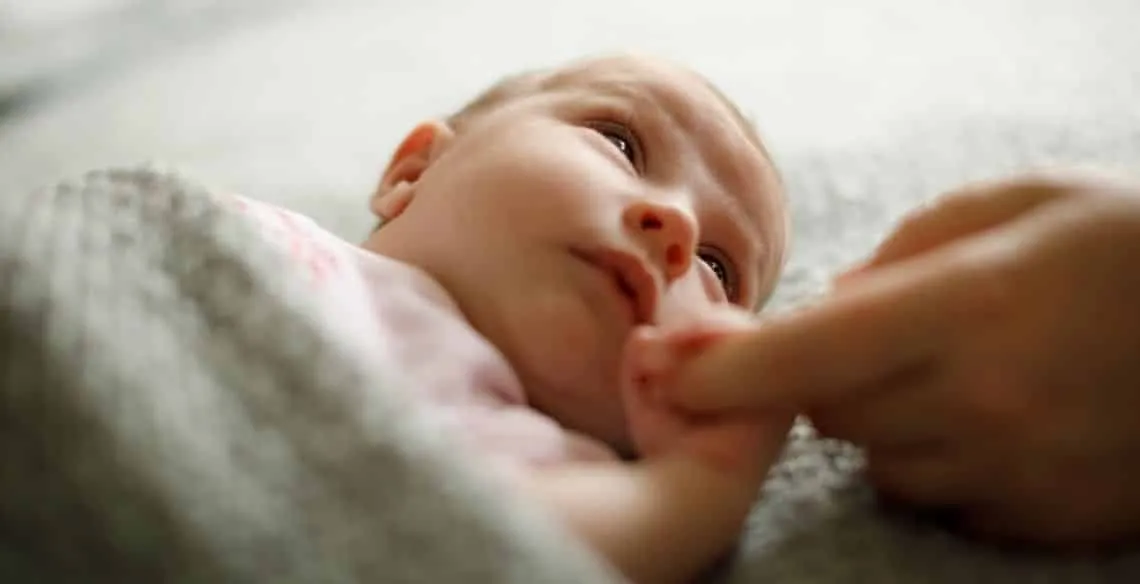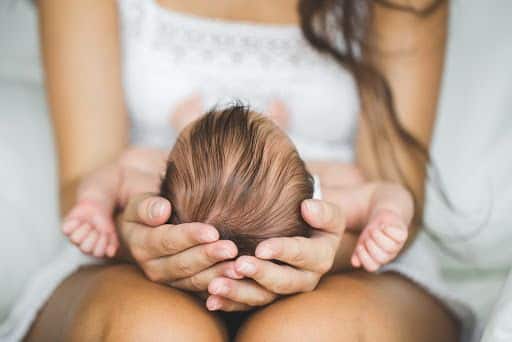There are several hormones during pregnancy and breastfeeding that prepare a woman with maternal instinct to be a mother.
Maternal instinct is a much discussed topic, especially among families. Generally, women who want to get pregnant or become pregnant are the center of this topic by bringing up “will I be a good mother?”. However, the maternal instinct is often a taboo subject, as science explains that women are not simply born ready to be a mother. In short, there are hormones and chemical changes that bring these biological impulses to women.
Basically, maternal instinct is the effect of estrogen, progesterone, prolactin, endorphins and oxytocin acting together in the female body when a woman is pregnant and while breastfeeding. Thus, the feeling of wanting to take care of the offspring becomes more present. Anyway, when the child is already present, it is enough for this instinct to continue.
However, unlike instinct, maternal love is affection, it is the social relationship between mother and child being built, like any other. Therefore, the relationship between mother and child will not always be filled with love, as social, emotional and financial life is involved.
maternal instinct

When it comes to maternal instinct, some people wonder where this topic for debate came from. This delicate topic becomes controversial when many women are accused of not being caring and loving mothers or for expressing a desire not to get pregnant or not have children. So they ask them “where is your maternal instinct?”
However, it cannot be said that women were born “programmed” with this instinct or desire. Basically, this largely comes from cultural impositions from society, which preaches that all women should want to get married and have children, or that we don’t feel pleasure from sexual relations, aiming only to procreate.
In short, it is clear that there are many women who want to be mothers. However, you cannot demand and impose this desire on everyone. Maternal love is not born with the woman or with the baby after pregnancy. Therefore, it is a relationship built between both mother and child, especially in the child’s first phase of growth.
Hormones
Basically, there are 5 pregnancy hormones that cause a woman to have chemical changes in her body that cause behavioral changes during pregnancy, causing her to have the characteristic maternal instinct:
However, let’s go in parts. In the 1940s, scientists discovered that the two female sex hormones, progesterone and estrogen, alter the reactions of female mammals during pregnancy. For example, they left rats, dogs and cats with different aggression and sexuality.
Still, other research has come to prove that these two hormones, combined with prolactin, another hormone that makes the body produce milk, also brings changes in the mother’s behavior, including in the human species.

Finally, it was discovered that even the pituitary gland and hypothalamus are fundamental to this instinct. The endorphins released by them have an analgesic and well-being effect. Therefore, they begin to be produced more at the end of pregnancy, to ease the pain of childbirth.
During childbirth, the hypothalamus and pituitary gland still release oxytocin, which stimulates the contractions of the uterus and also stimulates the production of breast milk in response to the baby sucking it. This happens because the hippocampus, an area of the brain that is involved with learning and memory, is stimulated with breastfeeding. Therefore, this entire combination of hormones induces maternal behavior, a maternal instinct.
automatic instinct
Therefore, the “maternal instinct” starts to be created naturally, when a woman becomes pregnant. In short, the closer the time of birth approaches, the more the woman feels the feeling of wanting to take care of her child.
In this way, the baby’s presence becomes enough for her to want to care for and protect him, just like mammals in the animal kingdom.
Maternal love is not maternal instinct

Even if a woman, biologically and chemically, begins to have the maternal instinct, she does not automatically create maternal love. Scientists conclude, with all the hormonal changes that the body undergoes during pregnancy and breastfeeding, that maternal instinct does not generate maternal love.
Therefore, women do not start to love their babies unconditionally as soon as they are born. As a human being, and like other females in the animal kingdom, they do not create emotional bonds as soon as they see their offspring. Therefore, the social relationship between the two is built over time, generating love. Basically, this is why adoptive mothers associate with their children much more than the woman who gave birth to them, as love was built.
In short, we cannot demand that all women want to be mothers, that they want to get pregnant. Some don’t want to be mothers. This is each person’s choice and decision and, if it happens, not everyone can quickly adapt to the child or the physical and mental demands that being a mother requires, leaving them unhappy. We all have a different time and life and we are not born with maternal instinct.
Sources: Minha Vida, Drauzio Varella, Hypeness, Changing Diapers,
Images: Grão de Gente, Medium, Mameha, Leiturinha

Sign up for our newsletter and stay up to date with exclusive news
that can transform your routine!
Warning: Undefined array key "title" in /home/storelat/public_html/wp-content/plugins/link-whisper-premium/templates/frontend/related-posts.php on line 12
Warning: Undefined array key "title_tag" in /home/storelat/public_html/wp-content/plugins/link-whisper-premium/templates/frontend/related-posts.php on line 13




